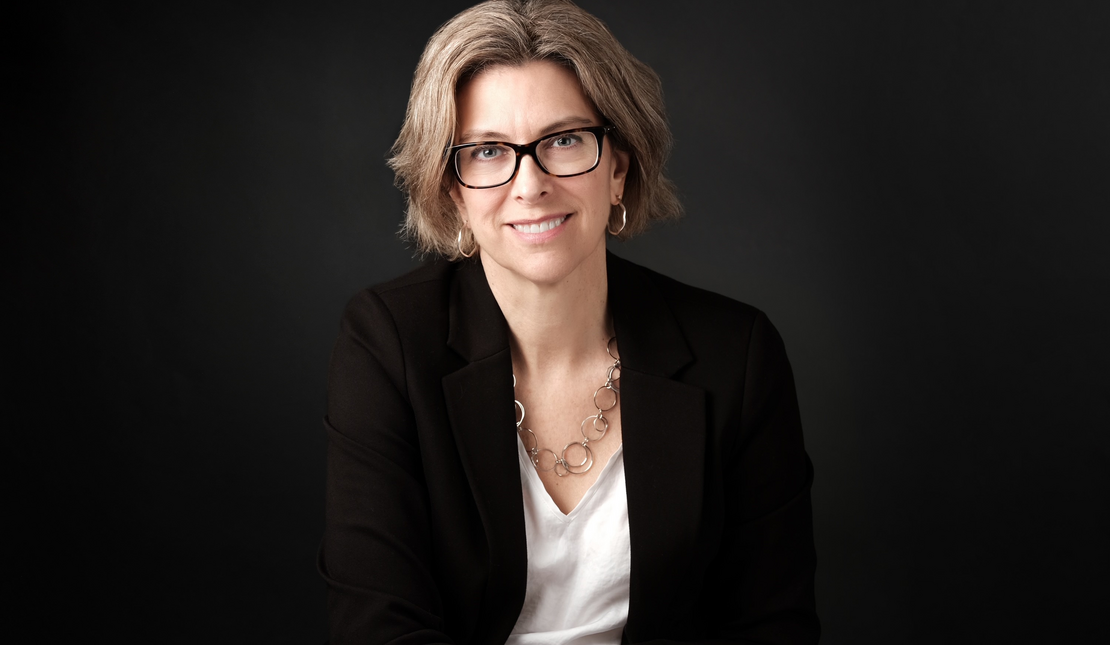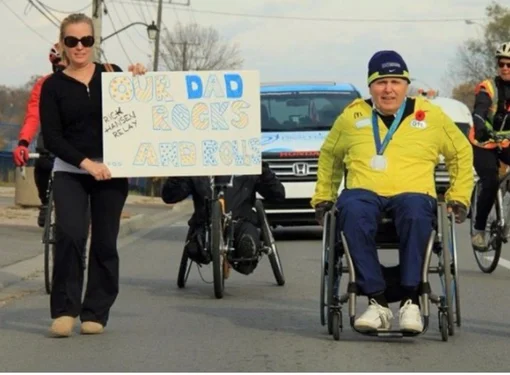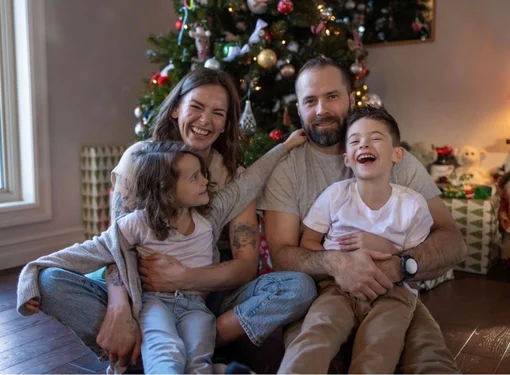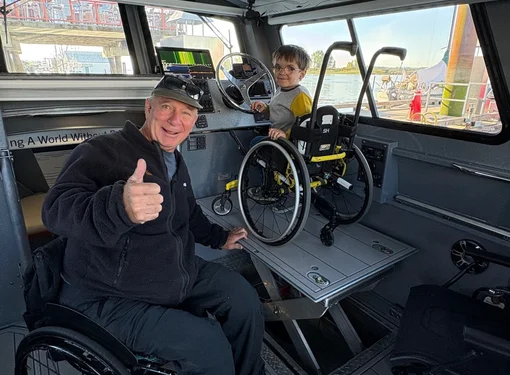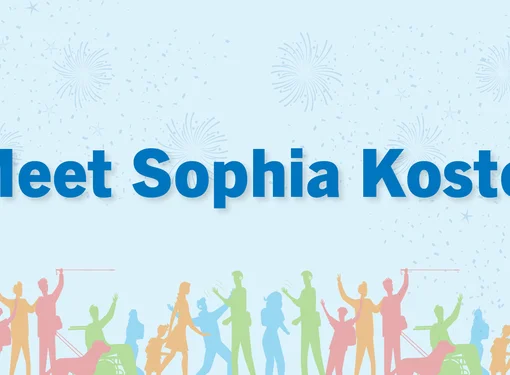Introducing Canada’s First Chief Accessibility Officer, Stephanie Cadieux
We’re thrilled that Stephanie Cadieux, Canada’s first Chief Accessibility Officer, will be kicking off the #APN2023: Building Together conference presented by Royal Bank of Canada, held on March 1 & 2, 2023. Along with Michael Gottheil (Accessibility Commissioner to the Canadian Human Rights Commission) and Brad McCannell (Vice President, Access and Inclusion, Rick Hansen Foundation) she will be featured in a keynote session titled Toward a United and Accessible Canada.
RHF had the opportunity to ask Stephanie some questions about accessibility, inclusion, and creating culture change. Here is what she had to say:
Q: You’re serving as an independent special advisor to the Ministry of Employment, Workforce Development and Disability Inclusion. What does this actually mean?
A: The role of Chief Accessibility Officer was created under the Accessible Canada Act. I’ve been in the position now since May 2022. I’m responsible for monitoring and reporting on outcomes achieved under the Act, as well as providing the Minister of Employment and Social Development with advice on systemic and emerging accessibility and disability inclusion issues. In a nutshell, I’m here to be a champion and a challenger for accessibility across the federal government, bringing oversight and cohesion to the many different efforts being made. I’m looking for common challenges and best practices, taking stock of what’s working well and what might need more thought, then working to ensure that those with the power to direct change have that information.
Over this first year, I’ve been reaching out broadly to have conversations with advocates, champions, and policy makers to get a sense of the landscape and to hone in on how I can be most effective and determining what my first priorities should be. I’ve been learning and expanding my own thinking about what a barrier-free Canada means and what it will take to get there.
Q: What is the broad definition of disability, and why is it so important?
A: Under the Accessible Canada Act, disability is defined as “any impairment, including a physical, mental, intellectual, cognitive, learning, communication or sensory impairment—or a functional limitation—whether permanent, temporary or episodic in nature, or evident or not, that, in interaction with a barrier, hinders a person’s full and equal participation in society.”
It’s important to have this broad definition to ensure that we are being as inclusive as possible when we consider what might constitute a barrier. It can be too easy to think of accessibility as only a matter of wheelchair access, when the truth is so much more complex. People with disabilities are as diverse as the rest of the population. Many people have invisible disabilities and often face barriers that aren’t taken into consideration.
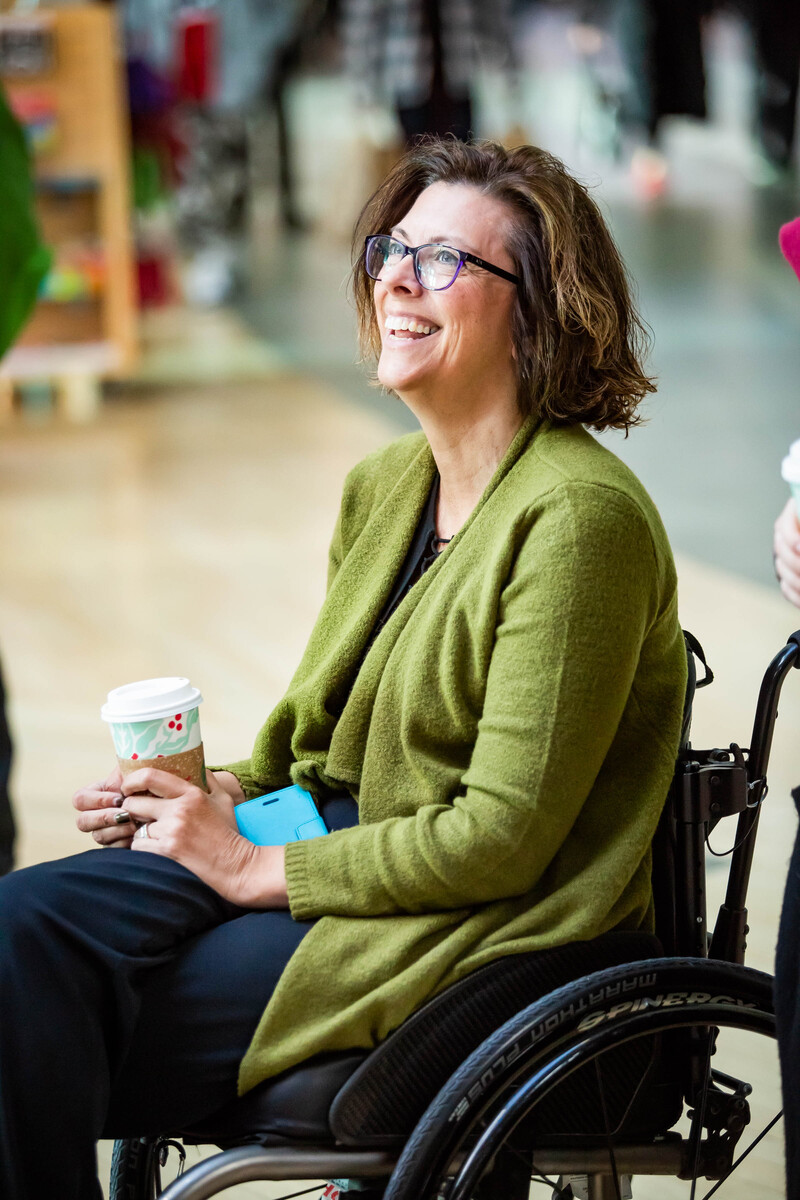
Q: How can we get people to understand that accessibility goes far beyond the idea of wheelchair ramps?
A: I believe that storytelling is one of the most powerful tools we have when it comes to fostering understanding on a large scale. To tell those stories, we need better data about the types of accessibility issues being encountered by diverse people with disabilities. Once we have that data, we can find stories that exemplify what is happening and share those stories far and wide.
For people with disabilities this might seem obvious, but for people charged with making change, who don’t have lived experience, the idea of removing all the barriers (especially the ones that might be less obvious) can be overwhelming. When people share stories about how they came to understand accessibility and implemented solutions, with concrete examples of problems solved, it can empower others.
Happily, with the Accessible Canada Act, the onus is now on federal government and federally-regulated industries to proactively identify and remove barriers. That means it is no longer up to people with disabilities to do all the work of self-identifying and explaining how they are being excluded. That being said, for those who feel safe to do so and are in positions to do so, speaking up and sharing about personal experience still makes a big difference. It helps to normalize these experiences, and fosters understanding.
Q: What are the first steps to creating culture change?
A: This is a great question! For culture change to really take hold, changes need to take place on many interconnected levels. It may seem obvious, but the first step is bringing the existence of a problem to light. Even this is not as simple as it may sound, because wide-scale unconscious bias may mean that most people don’t even realize that there is a problem, and so it falls to those directly affected to raise the issue. Once they raise it, they then have to be heard and taken seriously – and because unconscious bias can run deep, this may not always happen right away. So the person who has bravely spoken out may become discouraged and refrain from trying again. That first step is actually a very big one. People can take unconscious bias training in the workplace, but getting messages across to the population in general can be trickier.
After awareness comes action and this can take place at many levels. It might mean advocacy, engaging decision-makers and change-leaders to help. Then, it might mean the creation of new policies or legislation, as in the case of the Accessible Canada Act. But even after legislation, the work of creating understanding must continue or we risk apathy or people seeing accessibility as just something else that can be checked off a list. In reality, we have to continuously talk about it and normalize it, embed it in day-to-day thinking so that it becomes something we are always factoring into our plans, processes, and products. So curiosity, storytelling, and sharing continue to be important every step of the way.
Q: What is one simple act people can take to encourage accessibility in their communities?
A: Examine your own unconscious biases. What assumptions are you making? Are you saying to yourself: “this entrance isn’t accessible, but that’s okay, because people can use a back door, if necessary” or “that door is heavy and there isn’t a push button, but that’s okay, because people with disabilities don’t go places alone.” Challenge your own thinking and be an ally. What I mean by that is, in your workplace or community, when you see something that would present a barrier to someone with a disability, speak up, help to educate others, help them see the barrier, and what can be done to remove it.
--
Learn more from Canada’s first Chief Accessibility Officer, Stephanie Cadieux at the Accessibility Professional Network #APN2023: Building Together Conference March 1-2, 2023.
